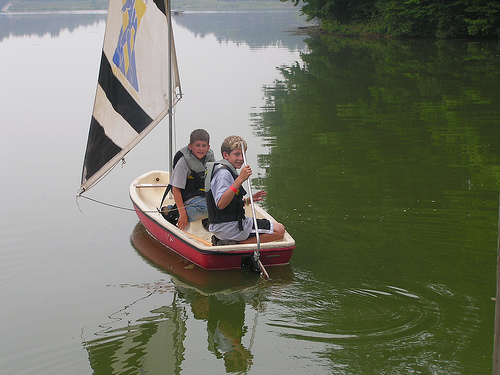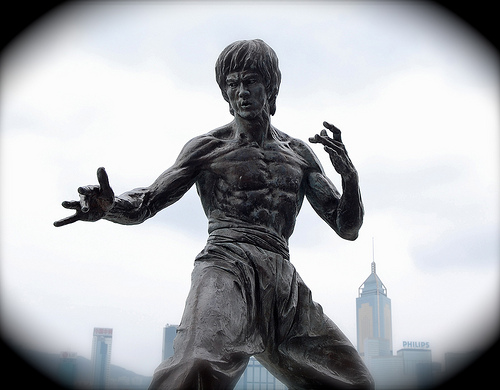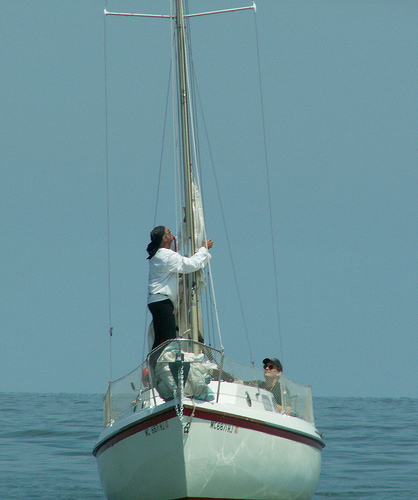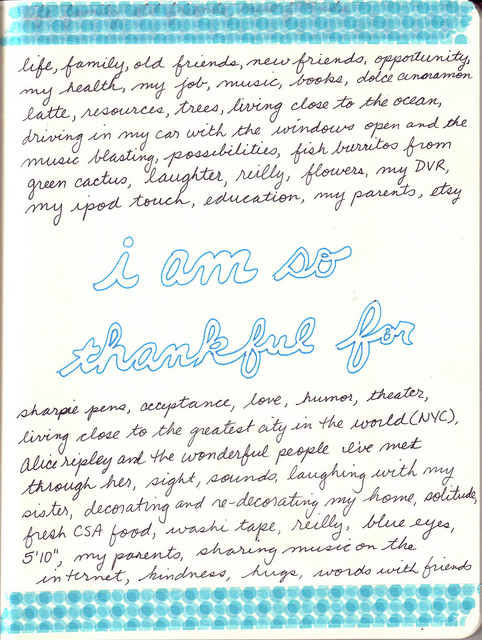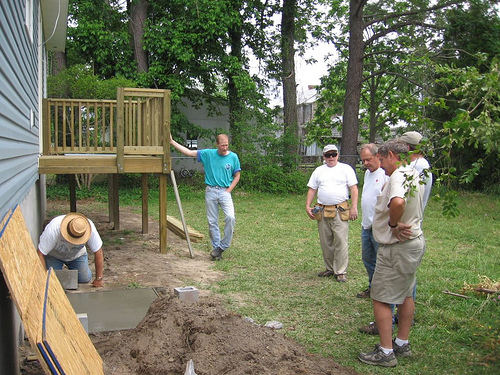He who does not prevent a crime when he can, encourages it. – Seneca

What are you willing to do to help stop a crime or help solve it afterwards? If you aren’t against the criminals, are you for them?
What does that mean?
This is the classic lesson from the origin of Spider Man. Whether from the comics or from the movies, Peter Parker (aka Spider Man) has the opportunity to stop a crime, but decides not to interfere. A short time thereafter, his uncle is shot and killed by the same thug.
That’s kind of harsh, but it is one of the ways the character of Peter / Spider Man is given his drive to fight crime whenever possible. But is makes it very clear that some people repeat their crimes over and over, until they are finally stopped.
The term for not stopping someone from doing something is “tacit approval” or saying that you don’t care enough to stop them. Whether from fear or apathy, the end result is the same. They do it, and you do not stop them. You have encouraged them. That’s not a good thing.
Why is daring to stand up to criminals important?


